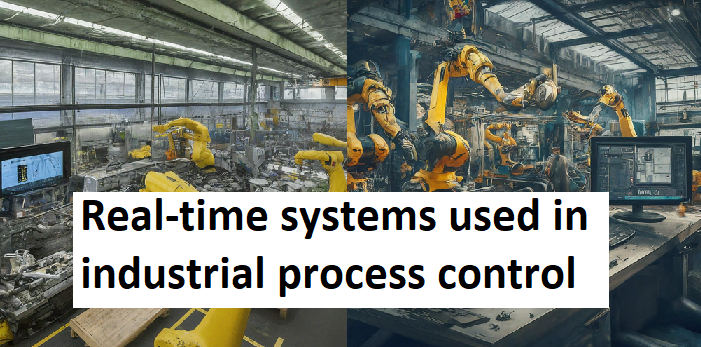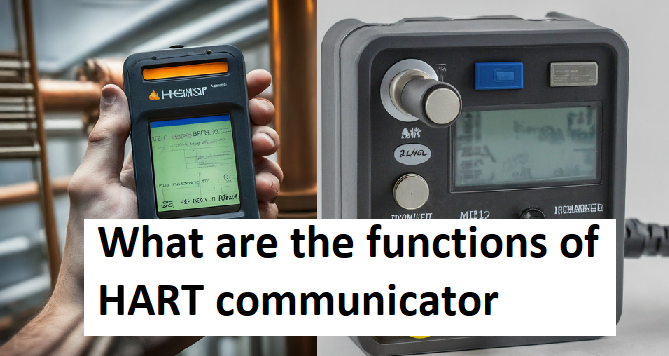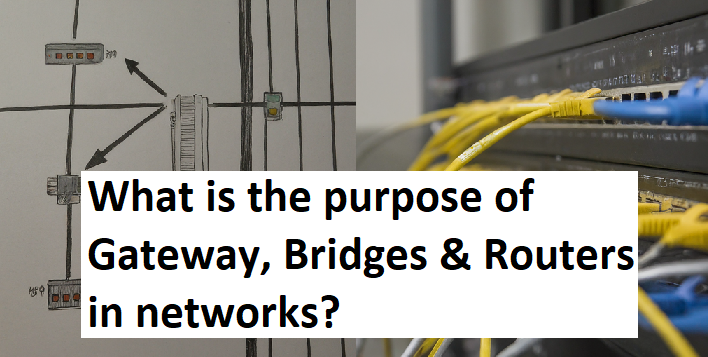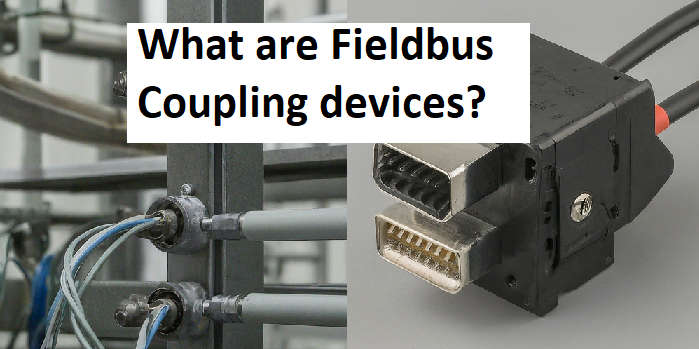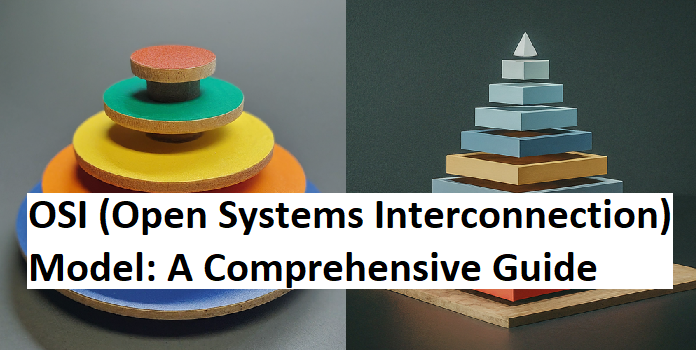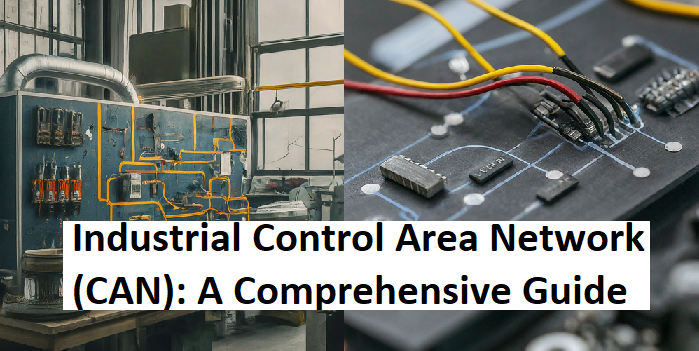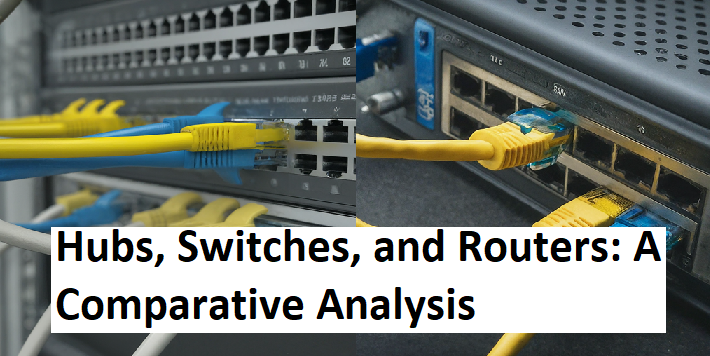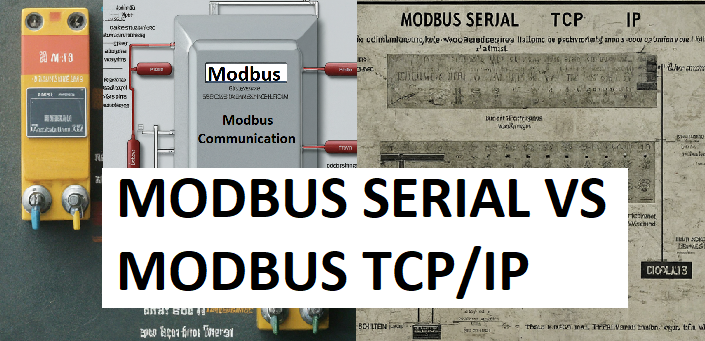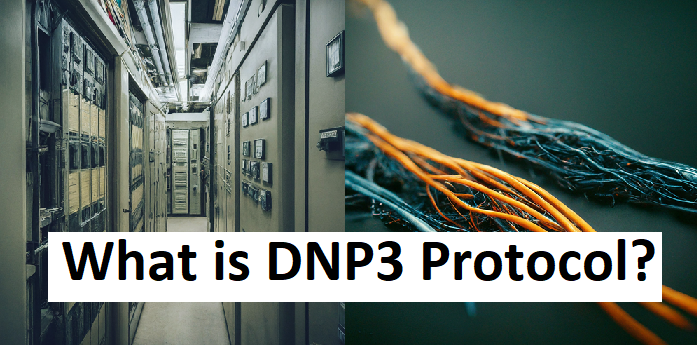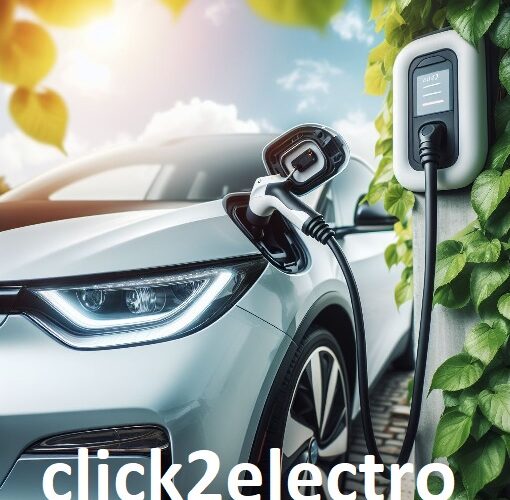What are the types of real-time systems used in industrial process control? – Learn about the different types of real-time systems used in industrial process control, including hard, soft, firm, and hybrid systems. Understand their characteristics, applications, and considerations for choosing the right system for your needs. Types of Real-Time Systems in Industrial Process ControlRead more ⟶
Month: October 2021
What are the functions of HART communicator?
What are the functions of HART communicator? – Learn about the functions and benefits of HART communicators, essential devices for configuring, monitoring, and diagnosing HART-enabled field instruments. Discover how HART communicators simplify field device management and improve operational efficiency. Gateways, Bridges, and Routers: A Comparative Analysis In the realm of computer networking, gateways, bridges, andRead more ⟶
What is the purpose of Gateway, Bridges & Routers in networks?
What is the purpose of Gateway, Bridges & Routers in networks? – Learn about the functions and differences between gateways, bridges, and routers, essential network devices. Understand how they connect different networks, improve performance, and ensure data security. Gateways, Bridges, and Routers: A Comparative Analysis In the realm of computer networking, gateways, bridges, and routersRead more ⟶
What are Fieldbus Coupling devices?
What are Fieldbus Coupling devices? – Learn about fieldbus coupling devices (FCDs), their functions, types, and benefits. Discover how FCDs bridge the gap between field devices and control systems, enabling efficient and reliable industrial automation. Fieldbus coupling devices (FCDs) serve as the crucial link between field devices (such as sensors, actuators, and valves) and industrialRead more ⟶
OSI (Open Systems Interconnection) Model: A Comprehensive Guide
OSI (Open Systems Interconnection) Model: A Comprehensive Guide – Learn about the OSI model, a conceptual framework that describes the functions and protocols involved in computer communication. Understand the seven layers of the OSI model and their roles in network operations. OSI (Open Systems Interconnection) Model: A Comprehensive Guide Understanding OSI The Open Systems InterconnectionRead more ⟶
Industrial Control Area Network (CAN): A Comprehensive Guide
Industrial Control Area Network (CAN): A Comprehensive Guide – Learn about the Industrial Control Area Network (CAN) protocol, its key features, applications, and benefits. Discover how CAN is used in various industries, including automotive, industrial automation, medical devices, and building automation. Industrial Control Area Network (CAN): A Comprehensive Guide What is CAN? The Industrial ControlRead more ⟶
Hubs, Switches, and Routers: A Comparative Analysis
Hubs, Switches, and Routers: A Comparative Analysis – Learn the differences between hubs, switches, and routers, three essential networking devices. Understand their functionalities, advantages, and disadvantages to make informed decisions for your network setup. In the realm of computer networking, hubs, switches, and routers play crucial roles in connecting devices and facilitating data transmission. WhileRead more ⟶
MODBUS SERIAL VS MODBUS TCP/IP
MODBUS SERIAL VS MODBUS TCP/IP – This article compares MODBUS Serial and MODBUS TCP/IP, two popular communication protocols used in industrial automation. Learn about their key differences, advantages, and disadvantages to make an informed choice for your application. MODBUS Serial vs. MODBUS TCP/IP: A Comparative Analysis MODBUS is a popular open standard communication protocol widelyRead more ⟶
What is DNP3 Protocol?
What is DNP3 Protocol? – DNP3 is a widely used communication protocol in the energy automation industry, providing reliable and efficient data transmission between devices. Learn about its key features, applications, and components. What is DNP3? DNP3 (Distributed Network Protocol) is a widely used communication protocol in the energy automation industry, particularly for Supervisory ControlRead more ⟶
Electric Car
Electric Car – An electric car is a vehicle that is powered by one or more electric motors, using energy stored in rechargeable batteries. Unlike traditional internal combustion engine (ICE) vehicles that rely on gasoline or diesel, electric cars (EVs) generate power through an electric motor, which is typically more efficient and produces fewer emissions.Read more ⟶
